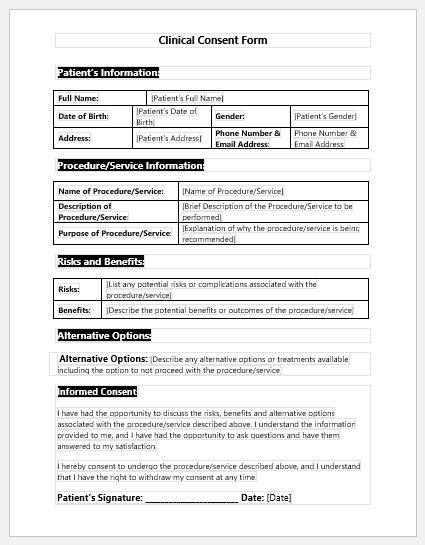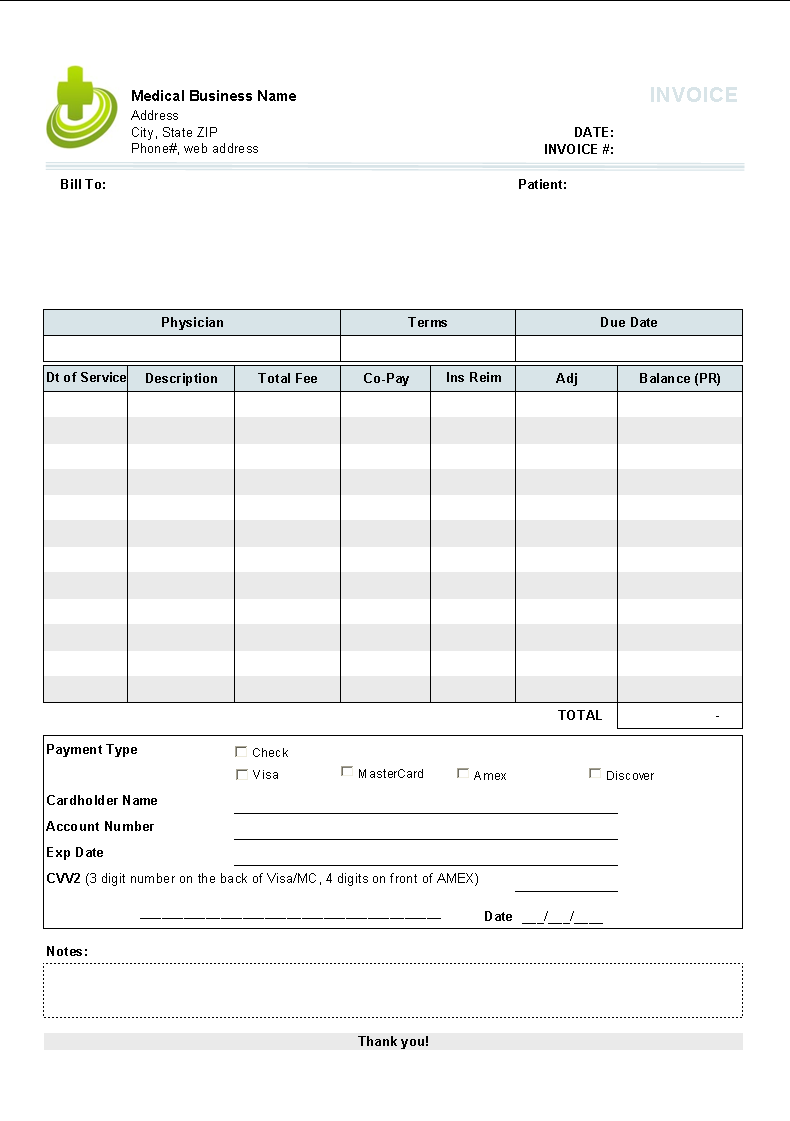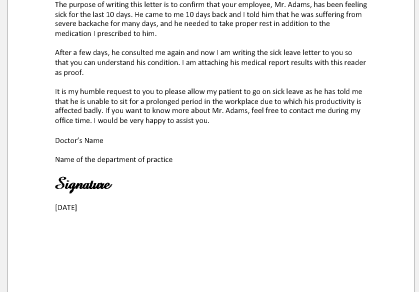The medical field is like a vast sea and is tremendously increasing in size, with discoveries being made every day. Yet a lot of undiscovered mysteries, hidden in the universe, need to be found for the betterment of societies. Medical research has been advancing with the help of clinical trials being conducted at different institutions.
A clinical trial is a research study that is conducted in a specific population to identify the effectiveness and risks of medical, surgical, or pharmaceutical interventions.
Types of Clinical Trials
Two types of clinical research studies are being conducted throughout the world. These are:
- Observational clinical trials: These clinical trials are conducted by monitoring the participants’ health over a specified period. There is no testing of drugs or treatments.
- Interventional clinical trials: These are conducted to identify the efficacy, safety, and risks associated with a drug or treatment method. There is usually a comparison made between health changes in groups of participants receiving a particular drug and the other group of participants who are receiving a placebo drug instead.
Classification of Clinical Trials
- Preventive trials
- Screening trials
- Diagnostic trials
- Treatment trials
- Epidemiological trials
- Genetic trials
Phases of Clinical Trials
Phase 0: In this phase, patients are given a minimal amount of the drug under test to check the pharmacodynamics (how the drug affects the patient) and pharmacokinetics (the reaction of the patient’s body toward the drug) of the drug.
Phase 1: evaluation of safety and safe dose of the drug in a small group of participants
Phase 2: testing in a larger group of participants
Phase 3: A test is conducted for confirmation in a larger population
Phase 4: Studies are continued after the marketing of the drug
Clinical Consent Form
- Name of the organization conducting the research study
- Names of the investigator and sponsor
- Introduction of the clinical trial
- Purpose of the study
- Study procedures and methods
- Contact information of staff related to the study and ethical review committee
- A complete description of the pros and cons of the study
- Complications and side effects of the Trial
- Costs and expenses of the trial
- Rights of the volunteers: Participation must not be forced, and each participant is allowed to ask questions regarding the trial before signing. Subjects are allowed to leave the trial or refuse treatment at any point during the trial they want, without losing the benefits they are achieving from their participation
- Name of the participant and signature. Contact information and address
- Name, credentials, and signature of the doctor
- Date of the start of the clinical trial
Revision of Clinical Consent Form
Clinical consent forms must be revised whenever new safety guidelines are available or when there is a modification in the trial method or compensation. After approval from the regulatory authority, it must be shared with all the involved trial participants, who, in return, must sign the revised form.
- Nursing Documentation Templates
- Mental Health Evaluation Forms
- Forms Used by Pediatricians
- Various Forms Related to Pregnancy Verification
- Common Forms Used by ENT Specialists
- Pain Diary Worksheet Template
- Forms Commonly Used by Old Age Homes
- Medical Treatment Consent Form
- Home Exercise Program Worksheet
- Forms Used for Mental Health Assessment
- Forms Used by Psychologists
- Medical Forms Commonly Used by/for Students
- Assessment Consent Form
- Forms Used by an Anesthesiologist
- Not Fit to Fly Certificate Template
- Home Visit Consent Form for Schools
- Important Forms Commonly Used by Pharmacies
- Important Forms Commonly Used by Dentists



